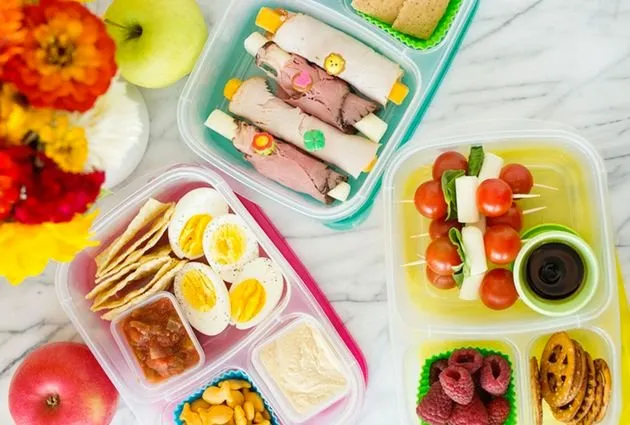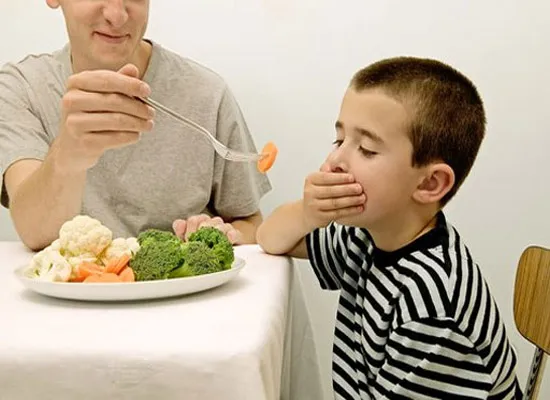Hello friends, today we will continue talking about the routines that we must build in our children. We previously learned a little about some guidelines to consider in order to create a good sleep routine.
1
First of all, it is important to establish a food routine at home, a habit that does well for the metabolism not only of children, but also of adults. Outside of the schedule, it is essential that the family get used to eating together so that everyone can be encouraged to eat better and flee from the nonsense.

Source
According to the experts, it is worth remembering that family meals should be a light moment and some things need to be left out.
For example, arguments, problems and fights are factors that greatly impede mealtime and can mainly harm children. The same goes for toys and electronic devices, which can distract the children and bring various negative impacts at mealtime.
2 Unhealthy diet
Eating fast food is a widespread habit today. In fact, there are children who just want to eat that kind of food. Some consequences of this habit are obesity and childhood hypertension, among others.

To solve this problem, menus must be prepared to include a variety of foods and are visually appealing to the child. If you do not like a food, you can be replaced by another from the same group. The child help in the preparation of the food favor to accept it.
3 Eating watching television
The research shows that watching television consumption is one of the factors that affects overweight. The child's brain, focused on television, does not recognize the signal that she ate enough and ends up eating more than necessary. The meal time should be a time when the family, if possible. The child and the person who makes meals with her can talk and tell the day's things.

Source
4 Respect the child's appetite - or the lack of it
If the child is not hungry, DO NOT force a meal or snack. In the same way, do not subornate or press to eat certain foods - or to "clean the plate" - when she says "I'm full" or "I'm satisfied". This can only trigger (or reinforce) a power struggle over the plate.

Source
Respect also the "I am hungry" and avoid exaggerating the accuracy of the schedules: sometimes, depending on the previous feeding, your child wishes to eat a little before the time. In the future, you can associate mealtime with anxiety and frustration or become less sensitive to your hunger and satiety parameters. Seek to serve small portions to avoid inhibiting at the time of feeding and give the opportunity, by free and spontaneous will, ask for more.
Remember that children can alternate days of very little appetite volume per day - this is normal and depends on several factors. The important thing is to ensure that they are growing normally. Do not wait for a homogenous pattern!
5 DO NOT offer desserts as rewards or prizes
Sweeping dessert can convey the wrong message that desserts are the best foods, which will increase children's desire for sweets. Instead of prohibiting, you can select one or two nights in the week as "dessert nights" or define, later, when older, small portions of desserts at the end of meals, passing the concepts of complementarity and moderation. Or you can redefine the dessert on the other days of the week with fruits, yogurt or other less conventional options.
Reference:
- http://www.indicepr.com/noticias/2015/04/11/style/39962/5-tips-para-mejorar-la-alimentacion-de-tu-familia/
- http://www.piasopr.com/cuando-tu-hijo-no-quiere-comer.html
- https://www.serpadres.es/3-6-anos/salud-infantil/articulo/cinco-habitos-saludables-para-los-ninos
- https://www.vix.com/es/imj/familia/4604/consejos-para-crear-habitos-alimenticios-saludables-en-los-ninos



